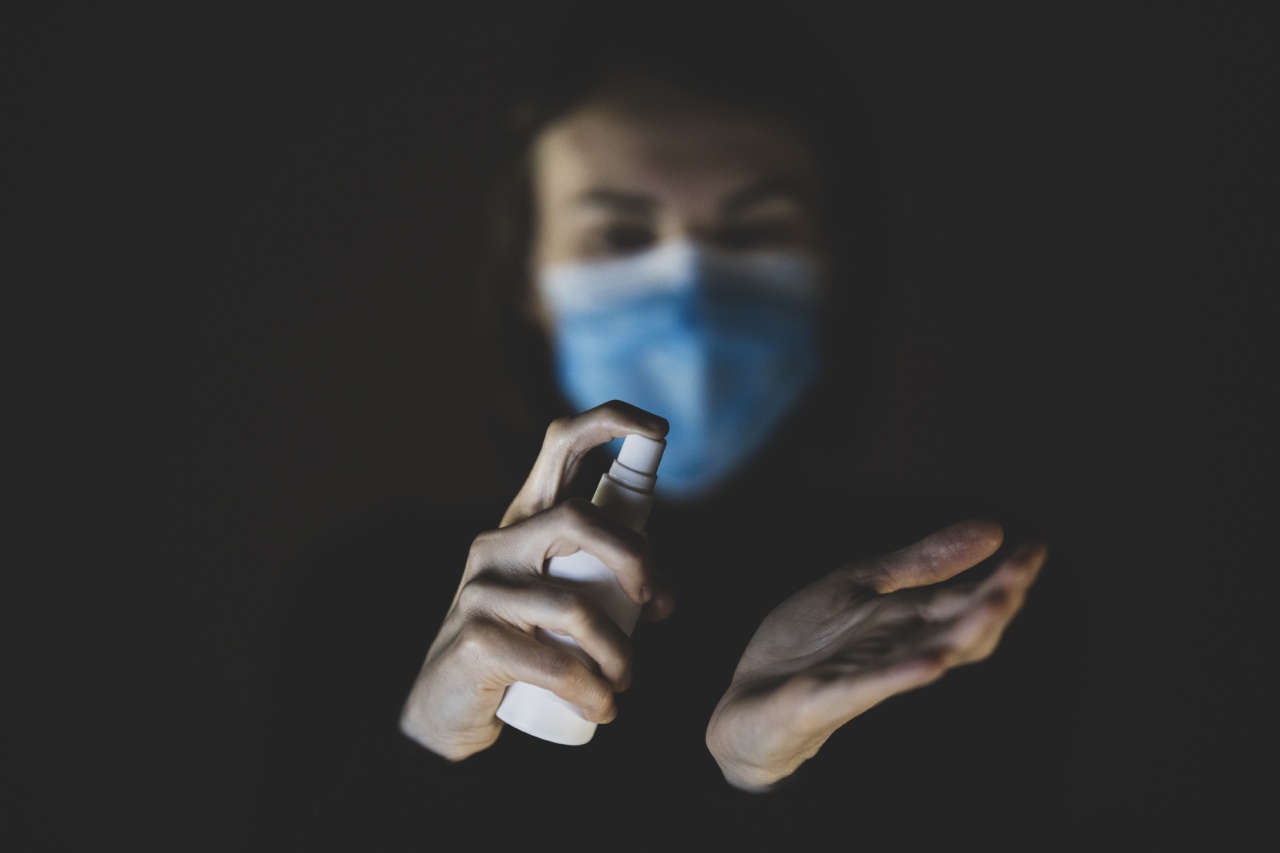Alcohol consumption is a popular habit around the world. People drink alcohol for many reasons, from stress relief to socializing. However, excessive alcohol consumption can have negative impacts on health, including liver cancer.
Liver cancer is the sixth most common cancer in the world and has a high mortality rate. Understanding the relationship between alcohol consumption and liver cancer is crucial in reducing the incidence and mortality of the disease.
What is liver cancer?
Liver cancer, also known as hepatic cancer, is a type of cancer that affects the liver. It begins in the cells of the liver and spreads to other parts of the body.
The liver is a vital organ that performs various functions, including detoxifying the body, producing bile, and storing nutrients. When cancer cells grow in the liver, they interfere with its normal functions, leading to serious health problems.
Symptoms of liver cancer
In the early stages, liver cancer may not show any symptoms, making it difficult to detect.
However, as the disease progresses, symptoms may arise, including:
- Abdominal pain and swelling
- Unexplained weight loss
- Loss of appetite
- Yellowing of the skin and eyes (jaundice)
- Swelling in the legs and ankles
- Nausea and vomiting
- Fatigue and weakness
Causes of liver cancer
Liver cancer can be caused by various factors, some of which are preventable.
The major causes of liver cancer include:
- Hepatitis B and C infections
- Heavy alcohol consumption
- Cirrhosis (scarring of the liver)
- Non-alcoholic fatty liver disease
- Obesity
- Exposure to aflatoxins (toxins produced by certain molds)
Alcohol consumption and liver cancer
Heavy alcohol consumption is a major risk factor for liver cancer. The liver is responsible for metabolizing alcohol, and excessive alcohol consumption puts a strain on the organ.
Over time, the liver may become damaged, leading to cirrhosis, a condition that increases the risk of liver cancer.
According to the American Cancer Society, people who drink more than three alcoholic drinks a day have a higher risk of developing liver cancer than those who don’t drink alcohol.
Moreover, the risk increases with the amount of alcohol consumed, and the duration of heavy drinking. The risk is particularly high among people who drink alcohol and have other risk factors for liver cancer, such as hepatitis B or C infection.
How alcohol increases the risk of liver cancer
Alcohol is broken down by the liver into acetaldehyde, a toxic compound that can damage the DNA in liver cells. Over time, the damage can lead to the development of cancer cells in the liver.
Moreover, heavy alcohol consumption also increases the production of reactive oxygen species (ROS), which can cause oxidative stress in liver cells, leading to DNA damage and increasing the risk of liver cancer.
Preventing liver cancer
Preventing liver cancer largely depends on reducing the risk factors associated with the disease. One of the most effective ways to prevent liver cancer is to limit alcohol consumption.
The National Institute on Alcohol Abuse and Alcoholism recommends that men should not drink more than two alcoholic drinks a day, while women should not drink more than one drink a day. Moreover, people who have a family history of liver cancer, or have been diagnosed with hepatitis B or C, should minimize or avoid alcohol consumption altogether.
Other preventive measures include:
- Getting vaccinated for hepatitis B virus
- Using precautions to prevent exposure to hepatitis C virus
- Maintaining a healthy weight
- Avoiding exposure to toxins, such as aflatoxins
- Getting regular check-ups to detect liver cancer in its early stages
Treatment for liver cancer
Treatment for liver cancer depends on the stage of the disease and the overall health of the patient. Some of the common treatment options include:
- Surgery: This involves removing the cancerous cells from the liver.
- Radiation therapy: This uses high-energy beams to destroy the cancer cells in the liver.
- Chemotherapy: This involves the use of drugs to kill cancer cells in the liver.
- Immunotherapy: This uses the body’s immune system to fight cancer cells in the liver.
Conclusion
Liver cancer is a serious disease that can be caused by various factors, including alcohol consumption.
Heavy alcohol consumption can damage the liver and increase the risk of developing liver cancer, and the risk increases with the amount of alcohol consumed and the duration of heavy drinking. Reducing alcohol consumption is one of the most effective ways to prevent liver cancer and other related health problems.
Moreover, getting vaccinated for hepatitis B virus, maintaining a healthy weight, and avoiding exposure to toxins can also help to prevent liver cancer.






























